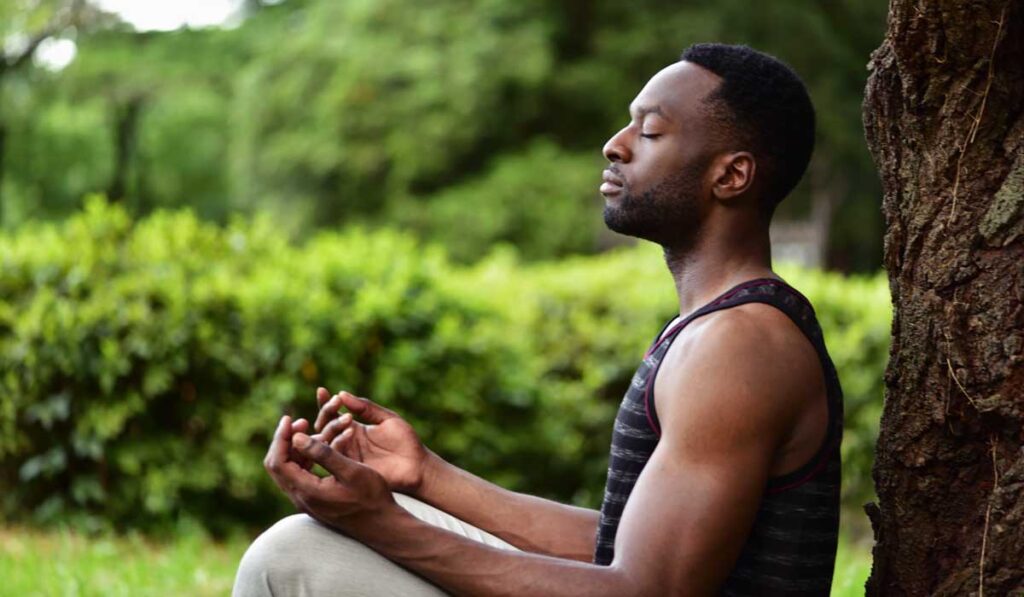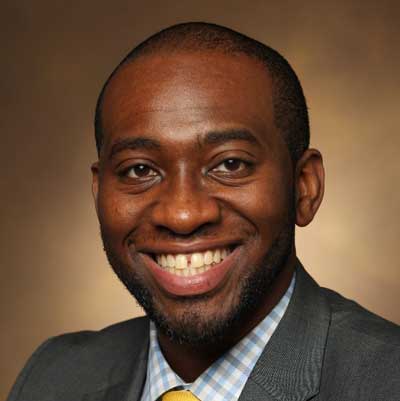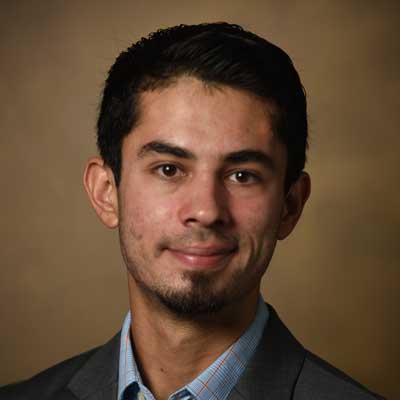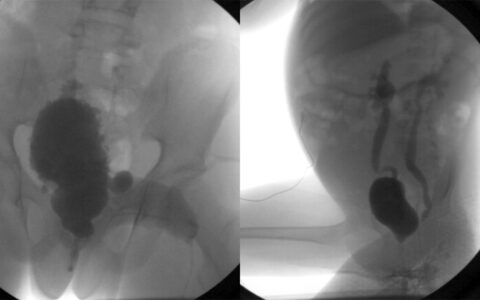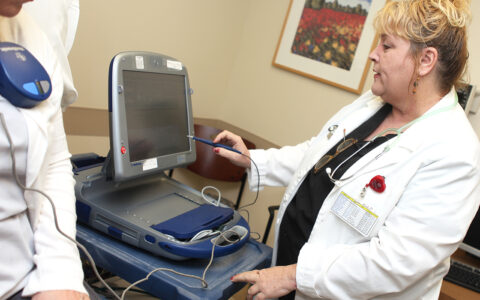The Osher Center for Integrative Medicine at Vanderbilt, a member of the international Osher Collaborative, has formed a social equity coalition to support the center in moving toward an anti-oppression stance and to lay the foundations for a culture of mindful inclusion and awareness.
The coalition is one of multiple diversity, equity and inclusion initiatives at Vanderbilt University Medical Center, including an overarching racial equity plan announced by Jeffrey Balser, M.D., Ph.D., president and CEO of the Medical Center and dean of Vanderbilt University School of Medicine.
“More so than in other parts of the traditional academic medical center, we’re dealing with healing traditions from other cultures, many of which have been systemically marginalized,” said Drew Sevel, Ph.D., a clinical psychologist at the Osher Center. “We have a responsibility within integrated medicine to be aware of how we’re presenting these traditions, so we don’t perpetuate hundreds of years of harm.”
“What comes up for me – in integrative medicine – is that social justice is built into our DNA,” said Dennis McLeod, Ph.D., also a psychologist at the Osher Center and Sevel’s co-leader in the initiative. “Much of what we do is about increasing awareness of the modalities we use, so for us this work just makes a lot of sense.”
Evaluating Infrastructure
Sevel and McLeod’s planning began more than a year before they actually put boots on the ground. As clinical psychologists, both are sensitive to power structures among faculty and staff, and they keep that as a focus of their work. “We’ve spent months evaluating, figuring out what the needs are within our own staff,” McLeod said. “In our program, we have such a diversity of race, cultures, abilities – even specialties.”
“More so than in other parts of the traditional academic medical center, we’re dealing with healing traditions from other cultures, many of which have been systemically marginalized.”
The team is taking its lead from a program developed at the University of California San Francisco, the coordinating Osher Center, whose social equity work has been instrumental in creating their vision. “One of the things we’ve we learned is that the milieu here in the South is much different from there,” Sevel said. “We’re trying to figure out what it looks like here at Vanderbilt and in relation to the diverse community we serve.”
“We’ve also had our folks interfacing with other initiatives at the Medical Center – including the recommendations made to Dr. Balser,” McLeod added.
Establishing the Working Group
Since its inception, Sevel and McLeod have called their initiative a “working group.” Said McLeod, “The people who show up in that space are the ones whose voices are going to be represented. We’re here to serve as the liaisons between our operations team and the group.”
“We meet every other week for about an hour; anyone is invited who wants to attend and is available,” Sevel said. “We’ve tried to be aware of how difficult access is; our faculty and staff all have very full schedules and are spread out in many different locations.”
“Much of what we do is about increasing awareness of the modalities we use, so for us this work just makes a lot of sense.”
The meetings have a similar format each time, starting with a mindfulness practice. The floor is then opened to the group to discuss what might be coming up for members. “We give them space to process how they’ve engaged with current events – for example, the violence of this past year – rather than what we have in our minds we should be discussing,” Sevel said.
Sevel and McLeod aim to broaden their coalition to include Osher Center patients, personnel, and local and professional communities, and they’ve begun reaching out to these stakeholders. “Recently, we’ve had discussions around what’s next – how we center the group around social justice issues for the core resonance of our clinic,” McLeod said.
Creating a Program that Lasts
The Osher Center for Integrative Medicine at Vanderbilt has just received a significant grant to continue its work, and Osher Center faculty and staff participate in research – both at the individual level and as part of the collaborative. Sevel and McLeod hope to use their program as a platform for collecting and disseminating data that can help others.
“We also want to be effective – to create something that outlasts us,” McLeod said. “That’s why this work is so important.”
